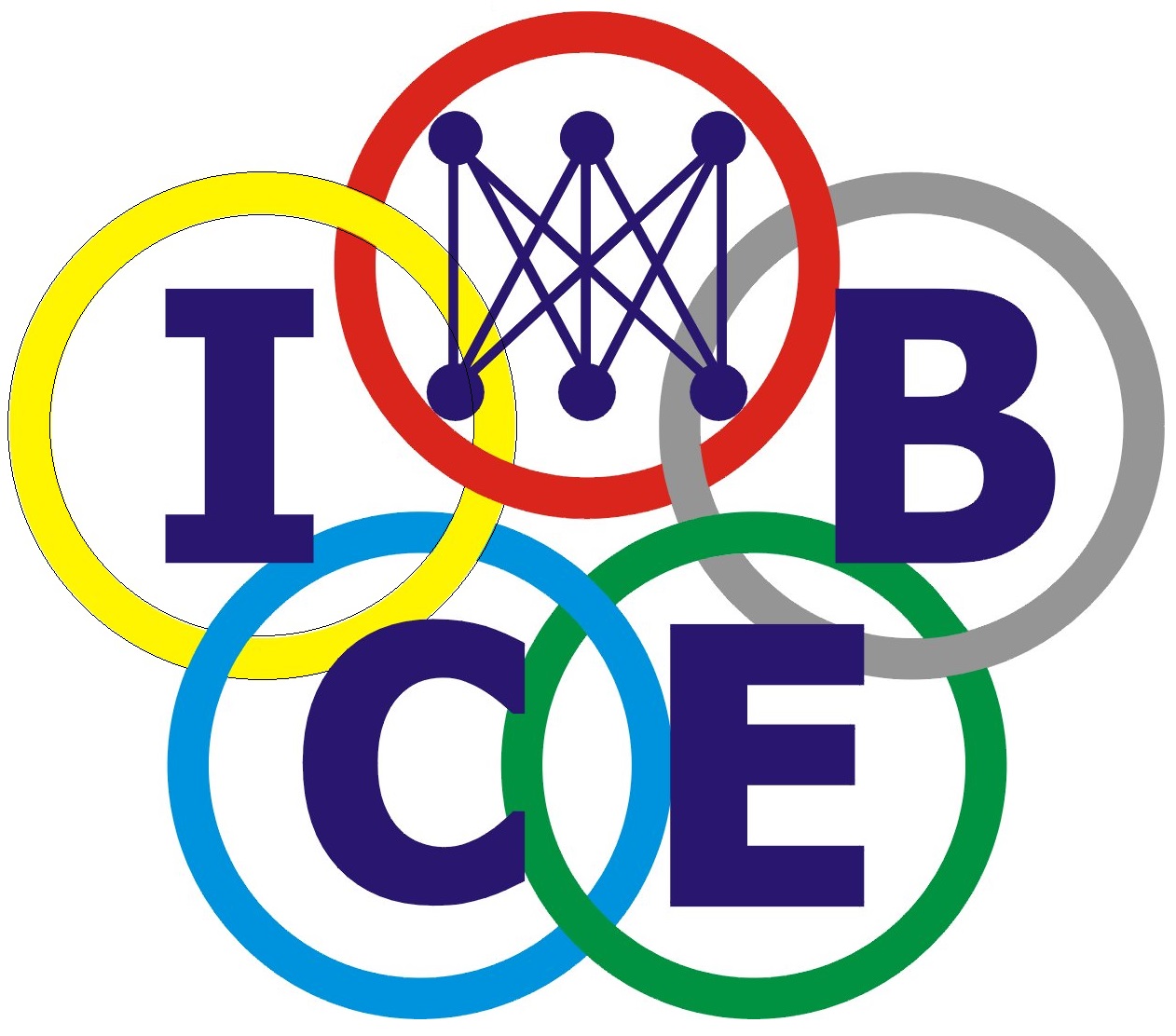Document Type
Article
Abstract
Electronic services (e-services) have become widely accepted by the customers. At the same time, customer retention remains to be a key managerial challenge. This calls for further research identifying the determinants of continuous e-service use. However, research examining service quality as a determinant of continuous e-service use is scant. This study proposes a model for examining the e-service continuance intention by incorporating perceived ease of use and perceived service quality in the IS continuance model of Bhattacherjee (2001). The model is empirically tested with a data collected from 543 Chinese online travel service users and analyzed using PLS. The model was found to explain 38.9 percent of the continuance intention. Perceived service quality was found to be a significant antecedent of continuance intention together with satisfaction and perceived usefulness. Furthermore, the results suggest that users’ affect (satisfaction) is becoming a salient predictor of the continuance intention in the e-services setting, and the construct of perceived e-service quality should be considered in IT continuance research. The paper concludes that perceived e-services quality, as an important construct, should be considered in future IT continuance research.
Recommended Citation
Li, Hongxiu; Liu, Yong; and Mäntymäki, Matti, "Antecedents of E-Service Continuance an Empirical Study on Chinese Online Travel Services Users" (2010). ICEB 2010 Proceedings (Shanghai, China). 19.
https://aisel.aisnet.org/iceb2010/19


